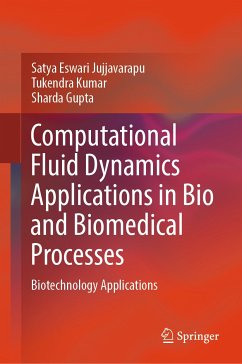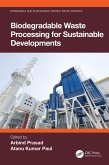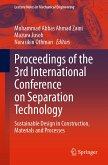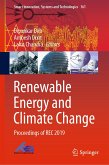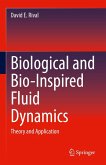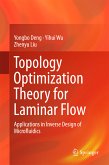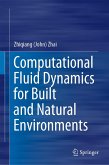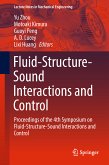This book covers emerging areas in novel design and their hydrodynamic properties relevant to bioreactors, environmental system, electrochemical systems, food processing and biomedical engineering. This book uses an interdisciplinary approach to provide a comprehensive prospective simulation modeling and hydrodynamic study in advanced biotechnological process and includes reviews of the most recent state of art in modeling and simulation of flows in biological process, such as CFD. Written by internationally recognized researchers in the field, each chapter provides a strong introductory section that is useful to both readers currently in the field and readers interested in learning more about these areas.
Dieser Download kann aus rechtlichen Gründen nur mit Rechnungsadresse in A, B, BG, CY, CZ, D, DK, EW, E, FIN, F, GR, HR, H, IRL, I, LT, L, LR, M, NL, PL, P, R, S, SLO, SK ausgeliefert werden.
Hinweis: Dieser Artikel kann nur an eine deutsche Lieferadresse ausgeliefert werden.

